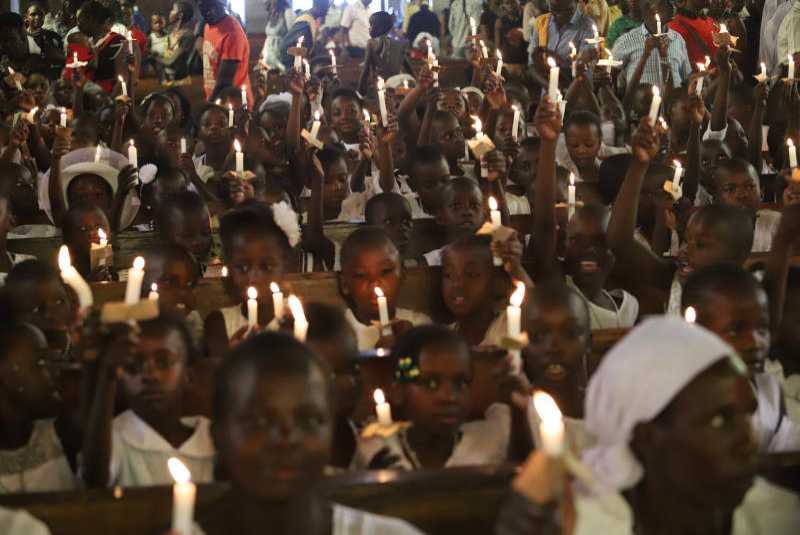×
The Standard e-Paper
Smart Minds Choose Us

Worshipers hold burning candles at St. Theresa Kibuye Catholic Parish in Kisumu on July 22,2018 during confirmation mass. Catholics go through confirmation process to become a true member through teaching one the believes of the church. (Photo: Denish Ochieng/ Standard)
Most Kenyan Catholics use modern family planning methods despite a ban by the church, a new study has found.